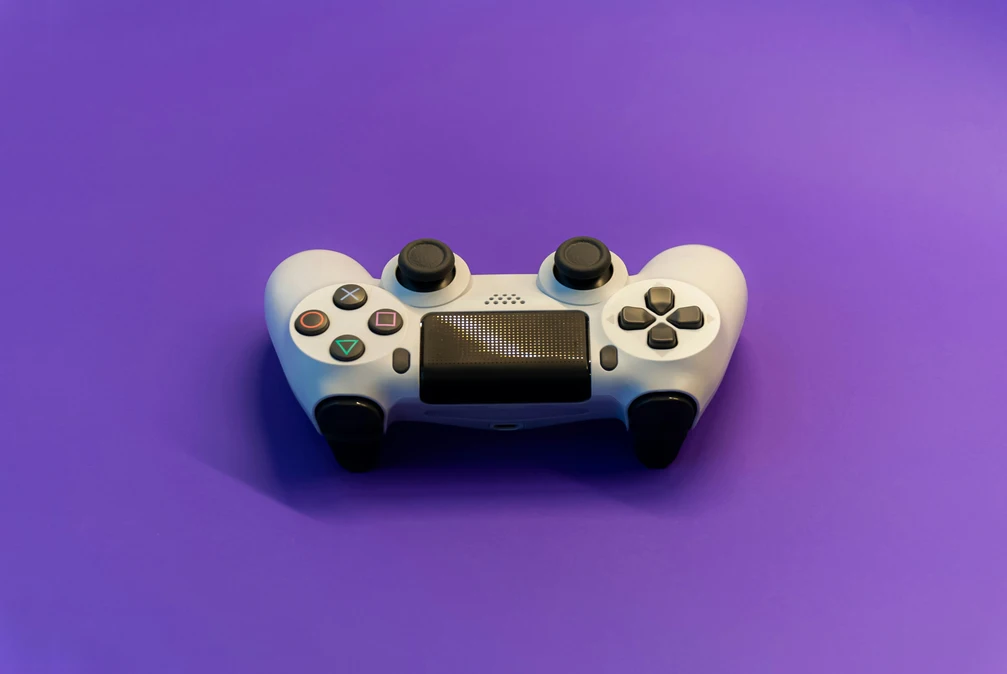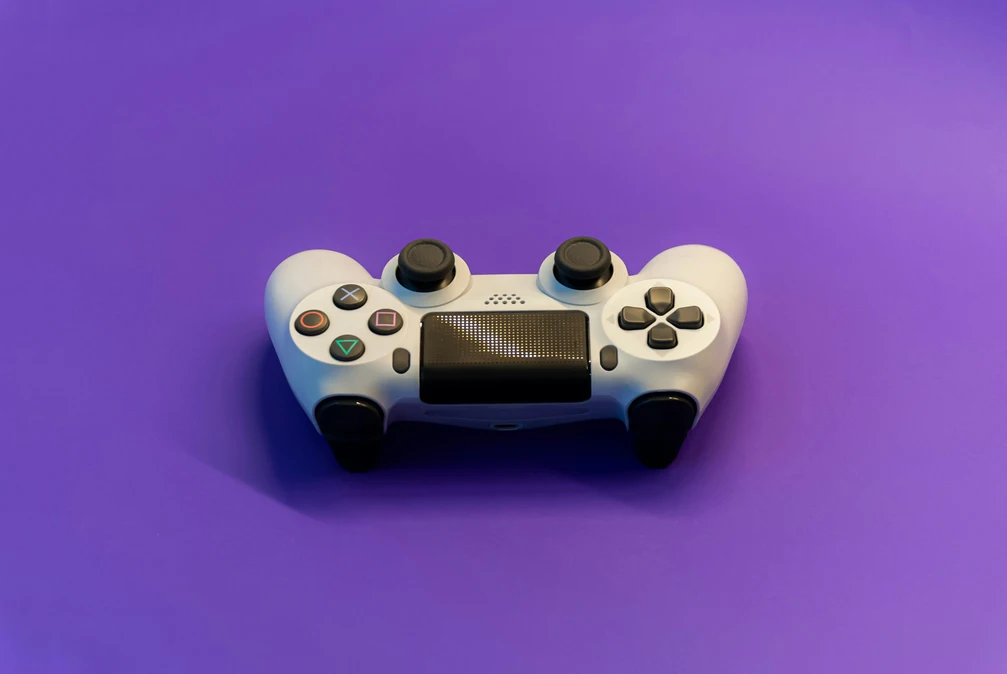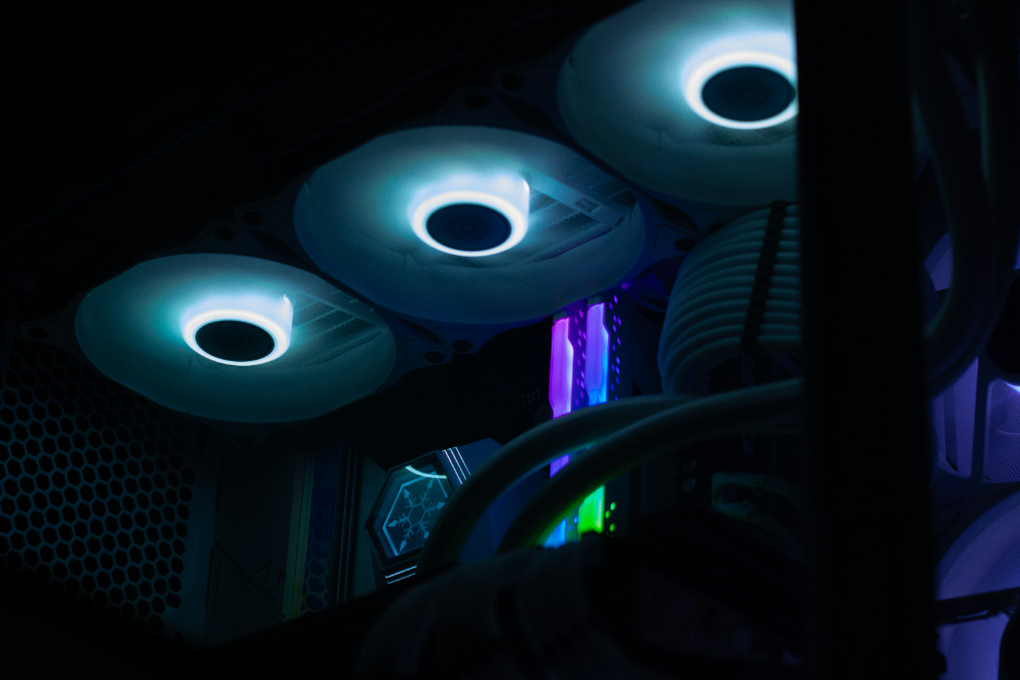AI isn’t just powering enemies in your single-player campaigns anymore. It’s competing with, training, and learning from real human players at the highest levels. From professional esports tournaments to casual ranked matches, AI in competitive gaming is adapting in ways that once seemed impossible—even learning to counter real human strategy in real time.
This shift isn’t just about difficulty—it’s about intelligence. Today’s AI opponents observe, react, and evolve—forcing even pro players to level up their decision-making. Whether you’re a seasoned strategist or a curious gamer, understanding how AI adapts to human strategy reveals where the future of gaming is headed.

1. AI in competitive gaming That Learns Through Reinforcement, Not Scripts
Traditional AI in competitive gaming followed static routines—guard walks a path, attacks on sight, resets after defeat. But now, AI in competitive gaming uses reinforcement learning to mimic how humans adapt. These systems experiment, make mistakes, and refine their behavior over thousands (even millions) of simulated matches.
Examples:
- DeepMind’s AlphaStar: Trained to master StarCraft II, it learned optimal builds, timings, and reactions by playing itself non-stop.
- OpenAI Five: Dominated top Dota 2 players by evolving complex teamwork and strategy.
These AI in competitive gaming systems adapt in real time—mirroring the tactical progression of a human opponent who learns from past mistakes.
2. Studying and Countering Human Patterns
One of the most disruptive uses of AI in competitive gaming is its ability to study human strategy patterns and exploit weaknesses.
- Chess and Go engines like LeelaZero and AlphaZero don’t just play—they invent new meta strategies by analyzing millions of human games.
- In first-person shooters, some AI bots analyze movement arcs and aiming habits, then pre-position to block typical paths.
This makes the AI in competitive gaming feel like a rival who knows your style, counters your plays, and forces you to innovate.
3. AI Teammates That React Like Humans—But Smarter
Modern gaming doesn’t stop at AI in competitive gaming enemies. Now we have AI teammates that communicate, adapt to your style, and assist in real-time.
In co-op or team-based games:
- AI in competitive gaming identifies your preferred role (support, sniper, tank) and adjusts accordingly.
- They prioritize healing, cover fire, or baiting enemies—based on your actions, not pre-written logic.
This enhances both single-player campaigns and multiplayer practice environments.
4. Esports Training Tools with Adaptive AI
Many pro players are now using AI training partners to prepare for competition. These tools adjust difficulty based on your real performance metrics, rather than just turning enemy health or speed up and down.
AI in competitive gaming coaching platforms offer:
- Frame-by-frame game analysis
- Predictive modeling of enemy moves
- Custom drills for decision-making, micro-control, and map awareness
This brings pro-level training to anyone, not just elite esports athletes.
5. Breaking Human Limitations (and Helping Us Understand Them)
When AI in competitive gaming beats pros, it often exposes blind spots in our thinking. AlphaZero made moves in chess no grandmaster would’ve considered—until it worked. In doing so, it changed what humans believed was optimal.
The same is happening in competitive gaming. AI-driven strategy evolution is expanding how we define meta, how we learn from losses, and how we build teams.
6. Real-Time Adaptation in FPS and MOBA Games
In games like Valorant, Overwatch, and League of Legends, adaptive AI:
- Learns your aiming rhythm or spell timing
- Adjusts flanking tactics or lane control
- Punishes repeated habits (e.g., always peeking the same corner)
AI in competitive gaming here isn’t cheating—it’s outthinking based on your past behavior.
7. Ethical Boundaries: When Does AI Go Too Far?
There’s also a growing concern: when does AI stop being a fair opponent? If AI can perfectly counter your strategy, does it ruin the balance? This has sparked debates in:
- Esports fairness (especially if AI is used as a hidden assist)
- Game design (how much should AI know about you?)
- Player privacy (AI learning from your gameplay history)
Transparency and adjustable difficulty will play key roles in keeping AI as a training tool and challenge—not a cheat code.
Conclusion: Evolve or Be Outplayed
AI is no longer just playing games—it’s changing how games are played. In competitive environments, AI adapts to human strategy with precision, creativity, and relentless learning. Whether it’s outmaneuvering a team in Dota or anticipating your next move in a shooter, AI is now the most dynamic opponent—or teammate—you’ll ever face.
As a gamer, this means more than harder challenges. It means smarter gameplay, better tools for growth, and a constantly evolving landscape where you’re always pushed to improve.
Want more cutting-edge updates on how tech is changing gaming? Head over to our Game On section for expert insights and smart play strategies.
FAQs
1. Can AI really beat professional gamers?
Yes. AI like AlphaStar and OpenAI Five have defeated top-ranked human players in complex strategy games by learning and adapting over time.
2. Is AI used in ranked online games?
Some games use adaptive bots in lower ranks or training modes, but not typically in ranked competitive modes unless explicitly labeled.
3. How does AI improve esports training?
AI offers personalized drills, decision coaching, and match prediction tools that help players improve faster and more strategically.
4. Are AI teammates better than real ones?
While they don’t replace real players, AI teammates now offer impressive tactical awareness and adaptability—especially in single-player or offline modes.
5. Will AI eventually dominate all games?
Not necessarily. Human creativity, unpredictability, and emotion still give players unique advantages. AI is here to challenge and support—not replace—the human gamer.







